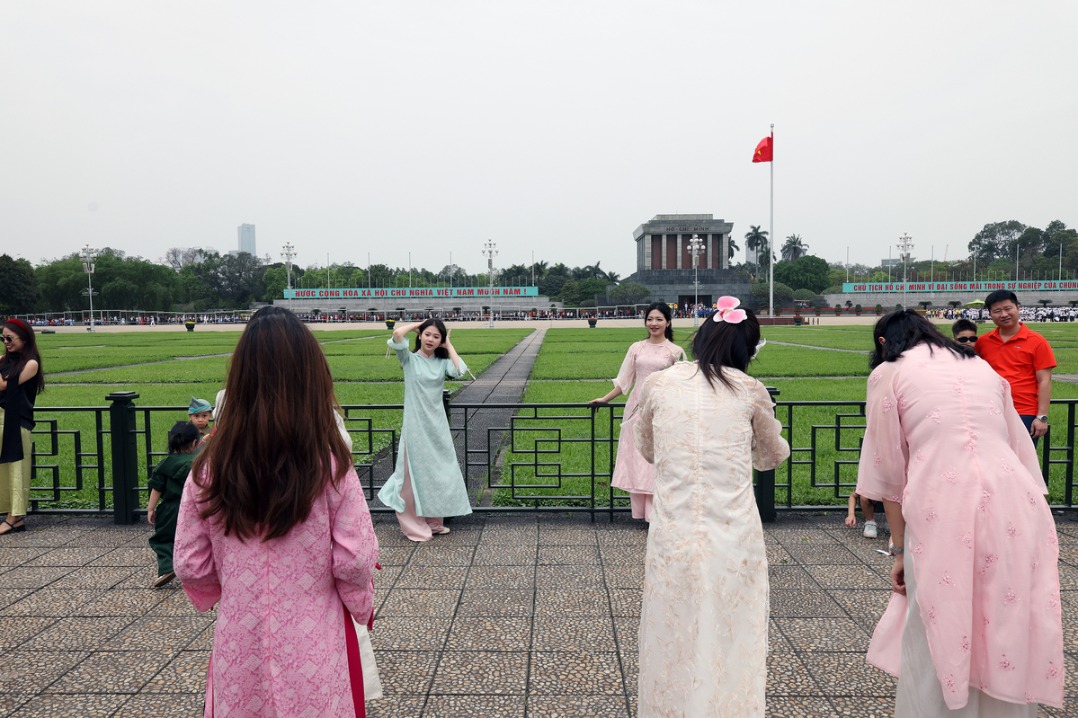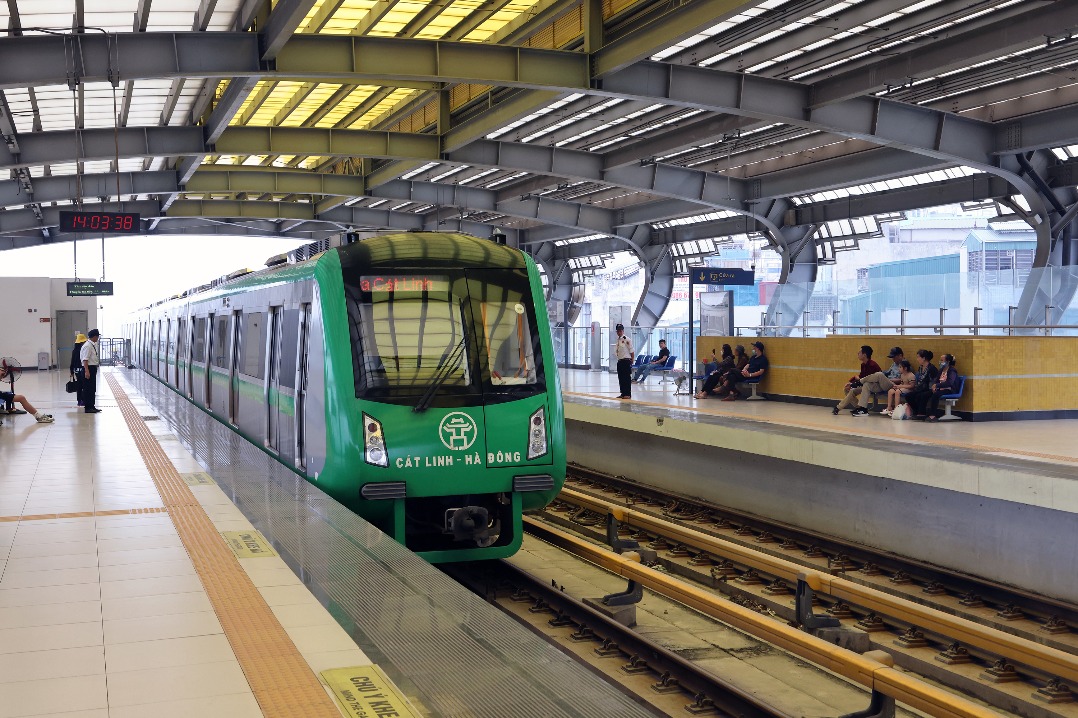Profile of newly rich shows preference for traditional investments
By Yu Xiaoming | chinadaily.com.cn | Updated: 2019-09-12 11:17

China's newly-wealthy people have after-tax monthly income of about 18,000 yuan ($2,529.72), a new survey shows, and 94 percent of them have properties, The Paper reported.
They prefer traditional investments, such as bank deposits and real estate investment, according to the China Rising Affluent Financial Well-Being Index, released by the Shanghai Advanced Institute of Finance and global financial service provider Charles Schwab.
Their average after-tax monthly income is 18,281 yuan nationwide, with 19,667 yuan in first-tier cities, 16,960 yuan in second-tier cities and 15,722 yuan in third-tier cities.
The findings are based on a survey of 3,800 respondents with annual income of 125,000 yuan - 1 million yuan and investable assets of no more than 7 million yuan. These respondents came from China's four first-tier cities, six second-tier cities and five third-tier cities.
Given increasing uncertainties in the global market, newly wealthy people make savings as one way to fend off risks, in a bid to help them maintain their confidence, the report said.
Nearly 90 percent of respondents said they regularly make deposits, and 55 percent of income will be used for savings and investment.
Meanwhile, 94 percent of respondents said they have properties. The figure is 93 percent in first-tier cities, 95 percent in second-tier cities and 98 percent in third-tier cities.
This year, the proportion of property investment also rose to 33 percent from 20 percent in 2017. About 45 percent said they plan to increase their property investment.
Furthermore, newly wealthy people in first-tier cities pay more attention to investing for their children's education, even those with lower income.
The survey showed that in first- and second-tier cities, children's education is the most important financial goal, while in third-tier cities, it ranked fourth.
Newly wealthy people think education decides a family's future financial condition. Some people improved their social status through education. Now, they hope their children will maintain or enhance their social status through high-level education.
























